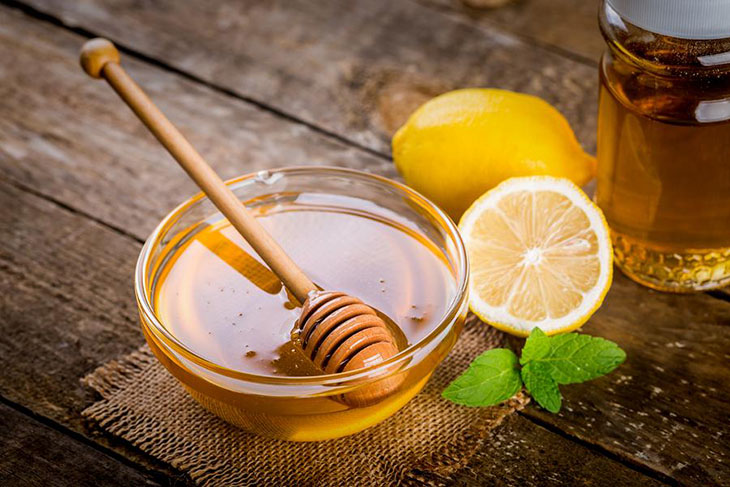Delight in honey tasting and a picturesque picnic at the foot of Mount Telethrio
angelis and his brother Panagiotis will be your guides. He is dedicated to producing high-quality products despite facing challenges and continues to share his passion with others. Most recently, he has been featured in Gastronomos and Marie Claire magazines.
Highlights
• Hiking at the foot of Mount Telethrio
• Contact with real beehives and a tour of the history of honey, its benefits and sustainable ways of producing it
• Tasting 6 different types of honey and learning to recognize good quality
• Pairing with local products on a picnic overlooking the Euboean Gulf

The place
Honey is one of Greece’s most internationally renowned products due to its exceptional quality and taste. In Evia, beekeeping has been practiced systematically since 150 AD. Mount Telethrio, known for its hidden waterfalls and the ruins of the Oracle of Selinundius Apollo, boasts a diverse flora perfect for producing high-quality honey.
North Evia is famous for its honey production, with beekeepers from all over Greece bringing their bees to the region. However, the destruction of large forest areas has made North Evia honey rarer and highlighted the need to diversify beekeepers’ income.

The experience
Start your experience with a half-hour, moderately difficult hike through ancient olive trees and part of the Telethrio forest to reach the apiary. As you walk, listen to beekeeper Vangelis’ stories about honey and the region.
Upon reaching the apiary, don protective gear and observe the ancient art of beekeeping up close. Learn from Vangelis about honey production, beehive inspection, the importance of bees, and how to identify high-quality honey.
Taste various types of honey, evaluating their color, taste, and texture. Afterward, set up a picnic overlooking the Euboean Gulf, surrounded by the scents of wild oregano and other herbs. Combine local products such as cheese and seasonal fruits with different honeys, putting your newfound knowledge into practice.
Honey, the ambrosia of the ancient Greek Gods
…and not only. Queen Cleopatra, the great mathematician Pythagoras, are just a few who had adopted honey as a component of their daily life. In Sparta, pedagogues and teenage soldiers in training lived on Taygetus for a month, feeding exclusively on honey (honeymoon).
Leading writers and doctors of antiquity such as Homer, Aristotle, Hippocrates and Dioscorides praise the properties of honey. This is no accident. Honey, rich in vitamins and amino acids, contains 180 different substances in a way that man has not been able to reproduce artificially. Honey from small producers like the one we will try is considered better because it has not been processed.


